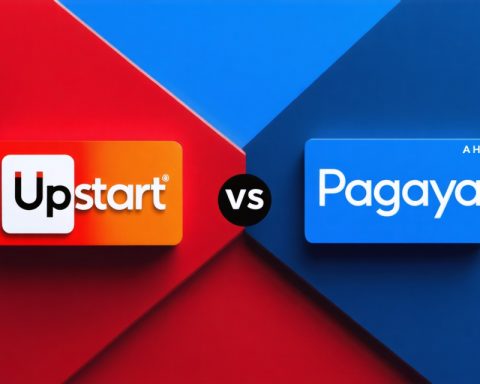Apple Inc. is channeling a significant portion of its resources—reportedly up to $1 billion annually—into the development of generative artificial intelligence (AI) technologies. This move is part of a broader strategy to enhance its suite of products and services, including the iPhone, with advanced AI capabilities.
The tech giant’s foray into AI research has yielded promising developments, such as the creation of animatable avatars and the potential for smarter, more responsive virtual assistants. Apple’s research papers indicate a focus on on-device AI technology, which could lead to more sophisticated tools being available directly on users’ devices, such as iPhones.
One of the most notable projects under Apple’s AI umbrella is the internally named ‘Apple GPT,’ a large language model (LLM) that mirrors the functionality of systems like OpenAI’s ChatGPT. Apple’s version, built on a framework known as ‘Ajax,’ aims to provide users with an enhanced interactive experience, potentially improving how Siri and the Messages app handle inquiries and sentence completion.
Despite the buzz around AI, Apple has maintained a low profile regarding its AI initiatives, avoiding the use of popular AI terminology in its product descriptions and focusing instead on the practical applications of machine learning. The company’s executives, including SVP of machine learning and AI strategy John Giannandrea, SVP of software engineering Craig Federighi, and head of services Eddy Cue, are spearheading the integration of AI into Apple’s ecosystem.
The integration of AI is expected to extend beyond virtual assistants to other applications such as Apple Music, where AI could be used to auto-generate playlists, and Xcode, where it could assist app developers. The internal debate continues on whether to deploy generative AI as an on-device experience, a cloud-based setup, or a hybrid of both.
Apple’s investment in AI research and development is a clear indication of the company’s commitment to staying at the forefront of technological innovation, even as it plays catch-up with competitors who have already launched new AI products.
FAQ
What is generative artificial intelligence (AI)?
Generative AI refers to the subset of artificial intelligence focused on creating content, such as text, images, or music, that is often indistinguishable from content created by humans.
What is a large language model (LLM)?
A large language model is an AI model that processes and generates human-like text by learning from a vast dataset of existing text. It can answer questions, write essays, and even create code.
What is ‘Apple GPT’?
‘Apple GPT’ is the internal name for Apple’s large language model, similar to OpenAI’s ChatGPT, which is designed to interact with users and process natural language.
How is Apple planning to use AI in its products?
Apple plans to use AI to improve the functionality of Siri and the Messages app, create auto-generated playlists in Apple Music, and assist developers in Xcode, among other applications.
What is the significance of Apple’s $1 billion investment in AI?
This investment signifies Apple’s commitment to advancing its AI capabilities and suggests that the company is prioritizing the development of AI technologies to enhance user experience and maintain competitiveness in the tech industry.










